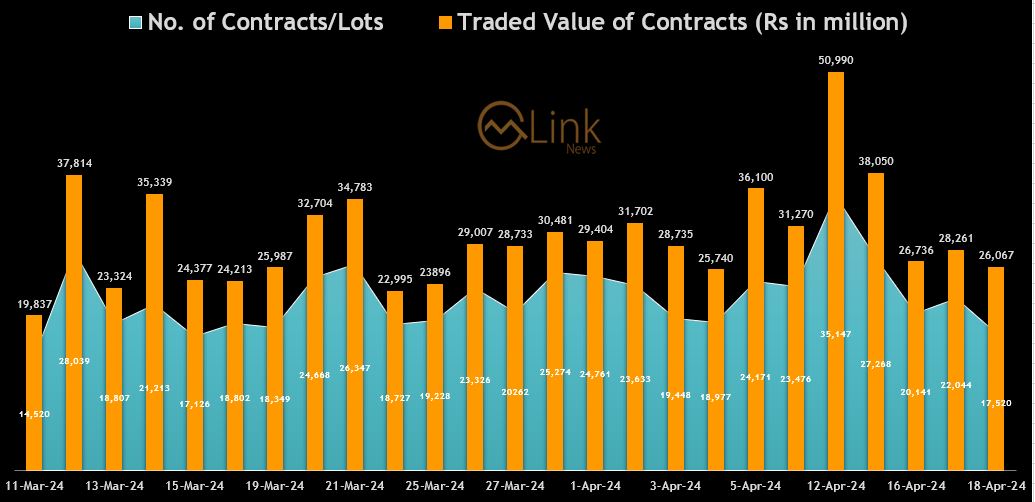If you havenít filed your taxes yet, you still have time to file for an extension. Doing so will allow you to push back filing your return until Oct. 15. (No, even though the IRS pushed back 2020 tax...
If you havenít filed your taxes yet, you still have time to file for an extension. Doing so will allow you to push back filing your return until Oct. 15.
(No, even though the IRS pushed back 2020 tax day to July 15, you donít get more time to file for an extension.)
Hereís what you need to know about filing for an extension.
5 Myths About Filing for a Tax Extension
Filing for a tax extension is pretty easy, but there are a lot of misconceptions about the topic. Here are five myths you shouldnít believe.
Myth #1: If I File for an Extension, I Donít Need to Pay Until Oct. 15
The truth: Getting a tax extension gives you more time to submit a return, but you donít get extra time to pay. Youíre still required to estimate the taxes you owe and pay them by July 15. Otherwise, youíll pay late fees and interest.
You can generally avoid penalties for the 2019 tax year if you do one of the following by July 15:
Pay at least 90% of what you owe for 2019. Pay 100% of your tax liability for 2018 if your adjusted gross income (AGI) was less than $150,000. Pay 110% of your tax liability for 2018 if your AGI was over $150,000.If you canít afford to pay, itís still essential that you either file a tax return or request an extension. The penalty for not filing a return on time is 5% of your unpaid tax bill per month, up to 25% of what you owe. But if you file and donít pay, itís only 0.5% per month of the unpaid amount, up to 25%.
You can set up a payment plan online in most cases if you canít afford the entire amount due.
Myth #2: You Need a Reason to Ask for an Extension
The truth: The IRS doesnít ask for a reason when you request a tax extension. The IRS will automatically approve your request as long as youíve filled out the form correctly and on time.
Myth #3: An Extension Gives Me More Time to Fund My IRA and HSA
The truth: The deadline for funding your individual retirement account or health savings account is tax day, regardless of whether you file for an extension. That means that July 15 is the last day you can contribute to your IRA or HSA and have the contribution count for 2019 instead of 2020.
Myth #4: You Need Professional Help to Request an Extension
The truth: You can file easily using whatever tax filing software you normally use. If you have trouble estimating your taxes, as youíre required to do when you request an extension, thatís a pretty good sign that you need to call a pro for tax help, regardless of whether youíre filing for an extension.
Myth #5: An Extension Increases Your Odds of Being Audited
The truth: The IRS doesnít view a request for an extension with suspicion; asking for one wonít increase your chances of an audit. In fact, if extra time is what you need to make sure your return is error-free, an extension could actually help you avoid an audit.
Some things that are known to trigger audits: having a high income, reporting very little income, home office deductions, being self-employed (especially if you deduct lots of business expenses) and numerous charitable deductions.
Robin Hartill is a certified financial planner and a senior editor at The Penny Hoarder. She writes the Dear Penny personal finance advice column. Send your tricky money questions to DearPenny@thepennyhoarder.com.
This was originally published on The Penny Hoarder, which helps millions of readers worldwide earn and save money by sharing unique job opportunities, personal stories, freebies and more. The Inc. 5000 ranked The Penny Hoarder as the fastest-growing private media company in the U.S. in 2017.












